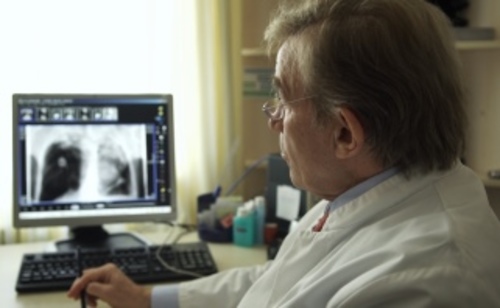Anti-tuberculosis drugs delamanid and bedaquiline are effective and safe for treating patients with multidrug-resistant tuberculosis when used in combination with World Health Organization (WHO) recommended background regimens, according to research published in the ERJ.
The study evaluated 61 patients with pulmonary MDR-TB for whom all other treatments had been ineffective; 55 persons had positive sputum cultures at the start of the study period.
Patients received bedaquiline, delamanid or both, either sequentially or in co-administration for more than one month, together with a World Health Organization-recommended regimen.
Of the patients with positive sputum cultures at the start if the study, the researchers found that all of those treated with delamanid and 67% of those treated with bedaquiline achieved sputum culture conversion.
The median duration of treatment with bedaquiline and/or delamanid was 168 days, with no difference between the groups treated with delamanid and bedaquiline alone, but treatment lasted significantly longer in patients treated with both drugs than in those treated with one or the other.
Additionally, 69% of patients experienced prolonged corrected QT intervals, but only 7% had to discontinue delamanid and/or bedaquiline because of prolongation, and none experienced drug-induced fatal arrhythmia.
The authors note that the study had several potentially limiting factors due to its retrospective design, such as individual patients having different treatment regimens, and selection bias in enrolled patients.





